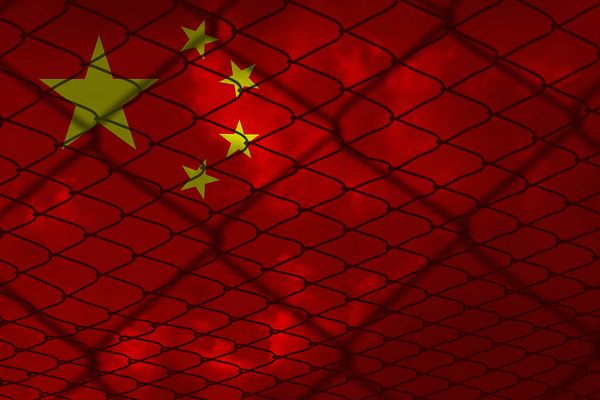Dr. Li Wenliang, the 34-year-old ophthalmologist at Wuhan Central Hospital became known
globally for aiding in the discovery of the novel coronavirus in Wuhan for the first time and
was punished in December 2019 for warning family and colleagues about the mysterious
“SARS-like virus” before either the local or central government acknowledged the emerging
pandemic.
Dr. Li then himself contracted the virus and succumbed to the disease on February 7, 2020.
Li in his last post on Weibo on February 1 wrote, “Today, the nucleic acid test results came
back positive. The dust has settled, there is finally a diagnosis.”
This year marks the second death anniversary of Dr. Li, who little knew what his discovery
would lead to. The Weibo page of Dr. Li has transformed into a digital gathering space for
Chinese citizens who reminisce about the contributions of Dr. Li in exposing the Chinese
government’s delayed action in identifying the virus and communicating it to the world. The
space has now commonly been termed as “Wailing Wall” akin to the famous Wailing Wall in
Jerusalem. Netizens use this space to leave well-wishes and share their frustrations.
The Wailing Wall has served as a useful space for those who are dissatisfied with China’s
mishandling of the coronavirus pandemic. Hundreds of thousands of online users have left
comments on the the comment section of Dr. Li’s final weibo post to offer their condolences
marking his second death anniversary. Despite recurring censorship by the authorities, the
comments continue to flow and have organically grown into a living memorial, now known
as China’s Wailing Wall.
The government continues to promote the official narrative that China’s handling of the
pandemic has been a huge success and routinely monitors/censors any posts in counter of it.
But Dr Li’s personal page on Weibo has become a rare space for users to express themselves
about the trauma they suffered during the course of the pandemic, and subsequent waves.
Hundreds of thousands of messages have been left in the comments section of his posts.
People have written emotional messages recounting the horrors they have faced and how
their close ones perished to the pandemic. One user wrote “Dr Li, history and the people will
never forget you!,” Another wrote “I thought everyone would have forgotten you after a
year,” while a user emotionally recounted. “I was wrong, you live forever in the hearts of the
Chinese people.”
Researchers from the Fudan university in Shanghai examined over 1.3 million comments and
discovered that the Wailing Wall in memory of Dr. Li has given shape to a whole new
community and a space for interaction where netizens express their emotions.
The Weibo page remains intact. The page is filled with posts about food, soccer games, TV
shows he likes, complaints about rising price of goods, reposts of funny videos, etc. A post
from him on November 9 shows photos of the Great Wall and reads: “How beautiful! I’d like
to take Li, Jr., to visit it someday.” Dr. Li’s ordinariness has struck people widely, and this is
what makes his death emotional among the Chinese. One of the comments on his Weibo
reads: “Why is our sadness toward Li Wenliang’s death so sharp? Because we witnessed
someone just as ordinary as you and me, a gentle and professional doctor, a friend, a son, a
husband, and a father suffering for us.” The Wuhan Police Department issued an official
apology to Li’s family and to exonerate him on March 20. But it was an act deemed too little,
too late.
WHO’s efforts to investigate the origins of the outbreak in China have been constantly
blocked by their government as they continue to refuse investigators permission to examine
the Wuhan wet market.

Leave a Reply